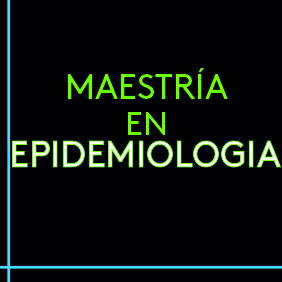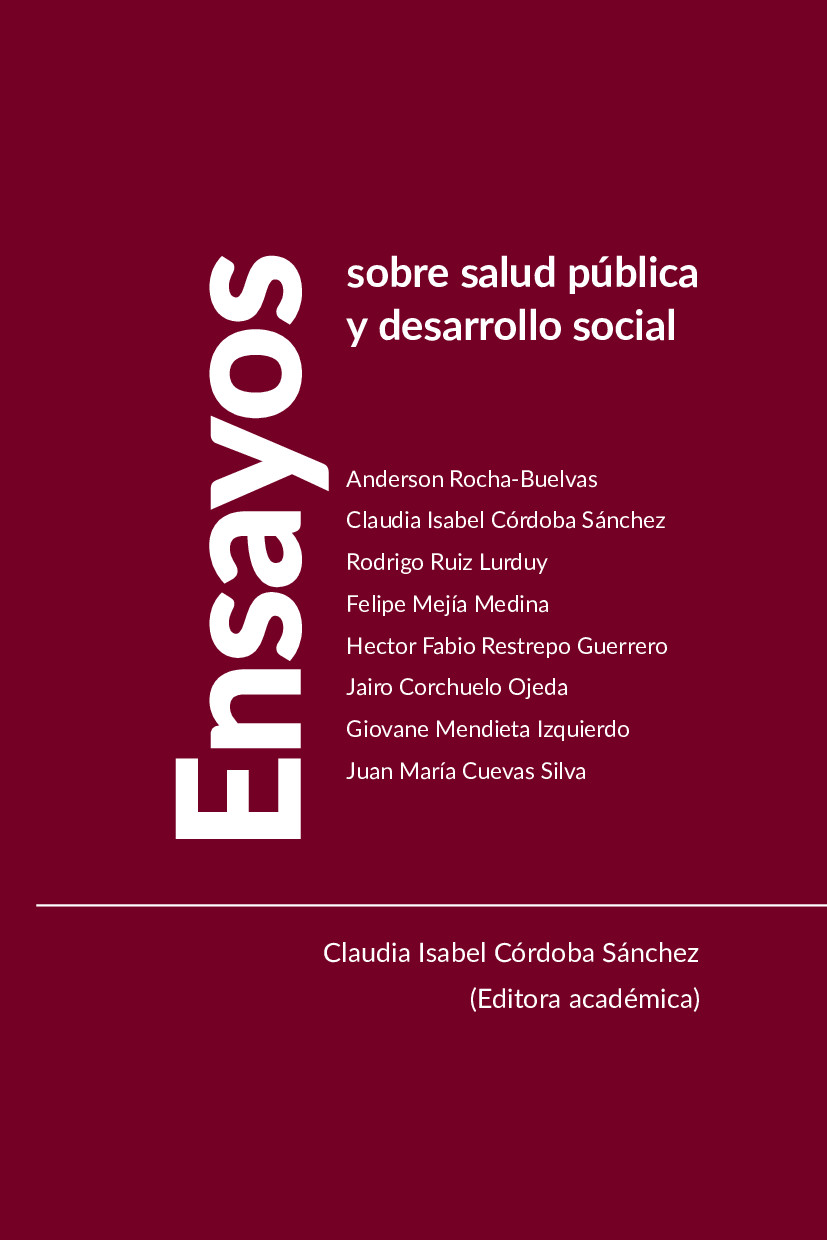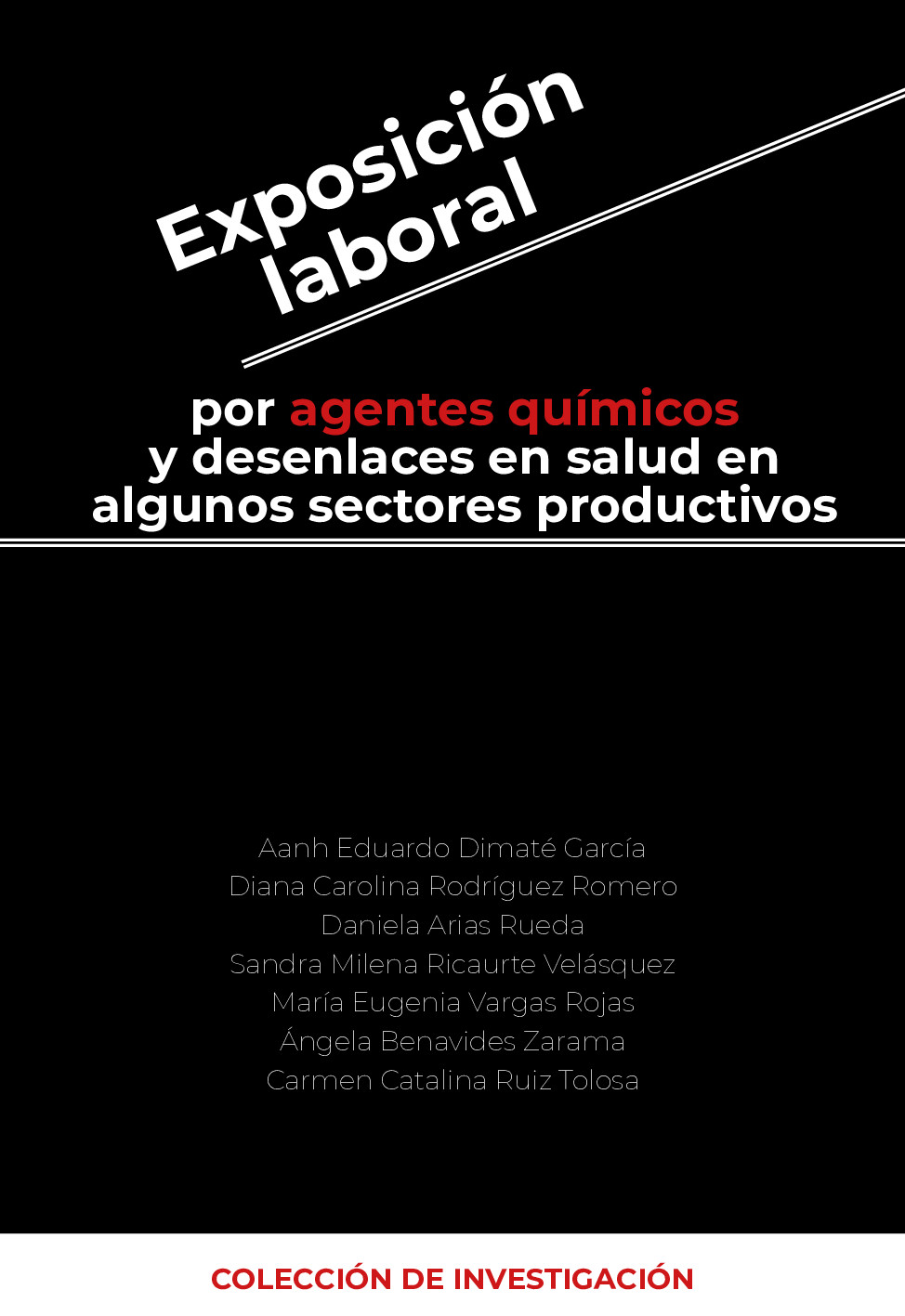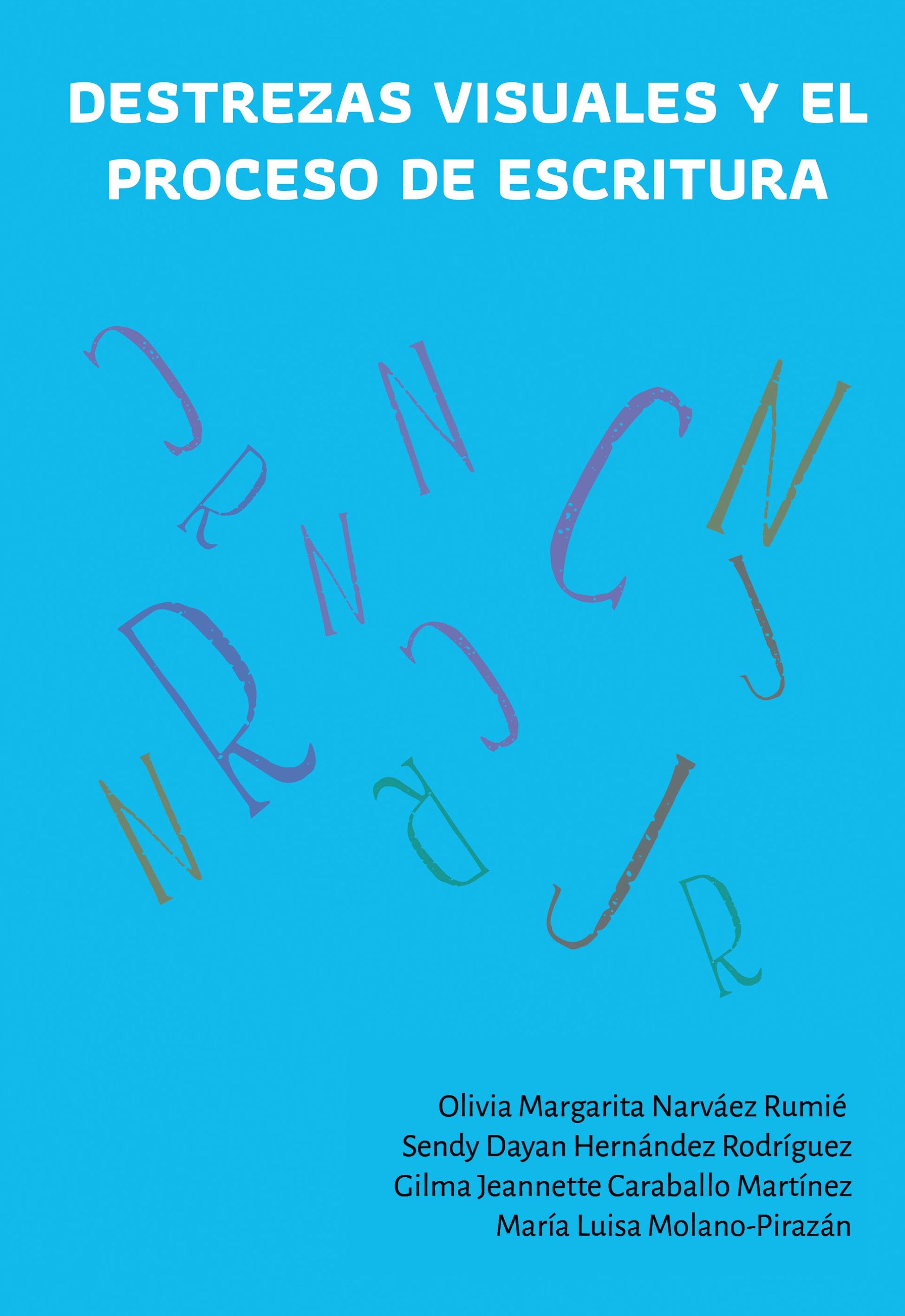Abstract
El comportamiento agresivo crónico de los niños es un factor de riesgo para depresión, abuso de alcohol en la adolescencia y vida adulta; violencia contra los compañeros, bajo rendimiento escolar, infracción de normas, lo que más adelante puede convertirse en un predictor (en adolescentes y adultos) de maltrato físico a los hijos, asaltos físicos a las esposas, menor posibilidad de profesionalización y aumento de la probabilidad de conducta antisocial. Publicaciones a nivel nacional e internacional afirman que hay tendencia en reproducir por fuera del hogar la violencia vivida en la familia, debido a la existencia de un proceso de transmisión intergeneracional de este tipo de violencia1,2.
Esta conducta de los niños puede ser intervenida en la escuela a través del desarrollo y fortalecimiento de competencias en maestros, ya que al ser reconocidas por los maestros, les permite difundir modelos observados por los niños y niñas, que propenden en la disminución del comportamiento agresivo en los estudiantes. Estos comportamientos observados pueden constituirse en competencias que ponen en práctica de manera integrada aptitu-des, rasgos de personalidad y conocimientos.
Abstract
The aggressive chronic behavior of the children is a factor of risk for depression, abuse of alcohol in the adolescence and adult life; violence against the partners, lower performance at school, breach of norms. All of this can turn later into a predictor (in adolescents and adults) of physical ill-treatment to the children, physical assaults to wives, minor possibility of professionalization and an increasing of the probability of antisocial behavior, Publications at national and international level affirm that there is tendency in reproducing outside of the household the violence that was undergone in the family, due to the existence of a process of “inter-generational transmission of this type of violence.” This behavior of the children can be controlled in the school through the development and strengthening of competences in teachers. These competences must allow the recognition of the different behaviors of the persons and make the teachers effective in the diffusion of models that are followed by the children and girls to strive for the decrease of the aggressive behavior in the students. These observed behaviors can be turned into competences that to put in practice, in an integrated way, aptitudes, features of personality and knowledge. “ The Municipal Secretary of Education of Pereira organized a course titled: STRATEGIES FOR THE REDUCTION OF AGGRESSIVE BEHAVIORS OF THE CHILDREN (EXPERT), which was designed by the team of investigators and endorsed by the Technological University of Pereira. In the course, it was seen that some competences, after having been practiced by the teachers, might be strengthened by them themselves and applied to the children, propitiating spaces for the interiorización and appropriation of them. Once identified, the team of every institution and in general with the educational community, are headed towards a work of personal improvement and valuation of the human capital with which they are provided. In order to begin that intervention, they started from a call that was carried out through the Secretary of Education of Pereira, with the support of the Unit of Integral Attention UAI in the random selection within the schools of the urban area. 120 teachers from 12 public schools of Pereira were met between March and June, 2006. ; A survey was carried out to evaluate the knowledge about the strategies tending to the reduction of aggressive behaviors, by means of the application of instruments designed to that end. It was found that in general the teachers have the theoretical knowledge of the proposed strategies: importance of the communication, pacific resolution of conflicts, respect for the difference; nevertheless in the practice to encourage the achievement of these competences in the children, the teachers need support. The teachers are aware of the magnitude of the emotional, familiar and social problems that their students have. And because of the fact that they feel that they are not receiving help to solve the precarious situations of the children, (mostly socioeconomic, emotional) it generates feelings of powerlessness, distresses, worry, fright. sadness, pain and a high grade of frustration. All of this results in the questioning by some of them of their performance as teachers and feel skepticism about the initiatives proposed to contribute from the classroom with the social and familiar well-being to the children.
Key words: perceptions and beliefs of teachers, aggressiveness in the
school, school interventions to reduce aggressiveness.
Licence
Authors should declare no conflicts of interest either for reasons of financing the project which is the result of the article; as well as intellectuals, academics, moral and investigative reasons.
The Journal of Andean Research is home to the ethical rules for publications issued by the COPE: http://publicationethics.org/resources/code-conduct

 PDF (Español (España))
PDF (Español (España))
 FLIP
FLIP

















